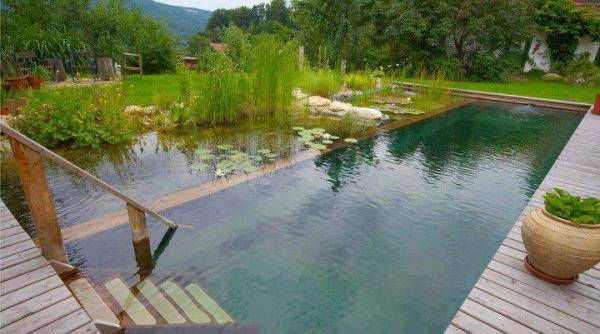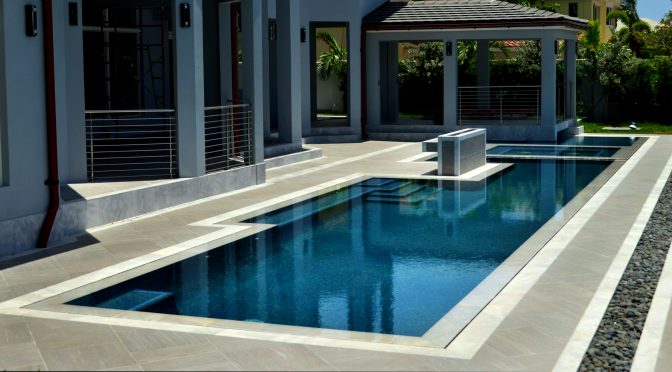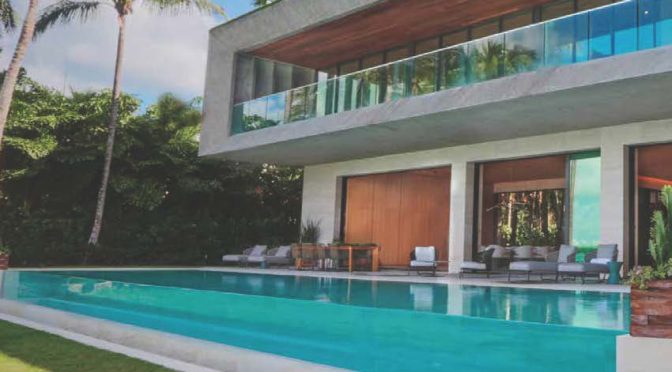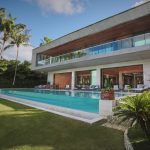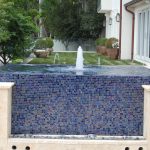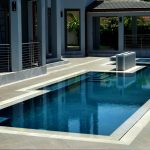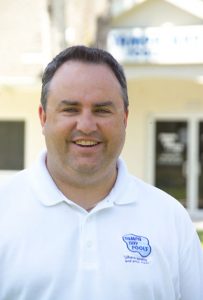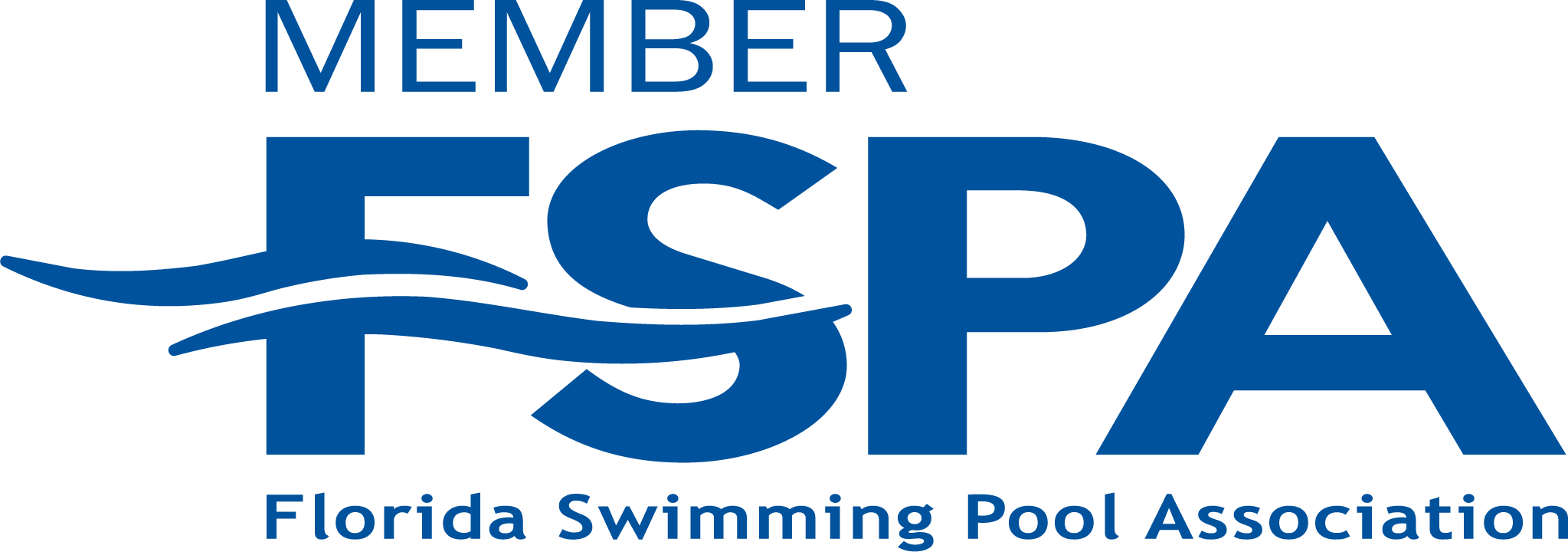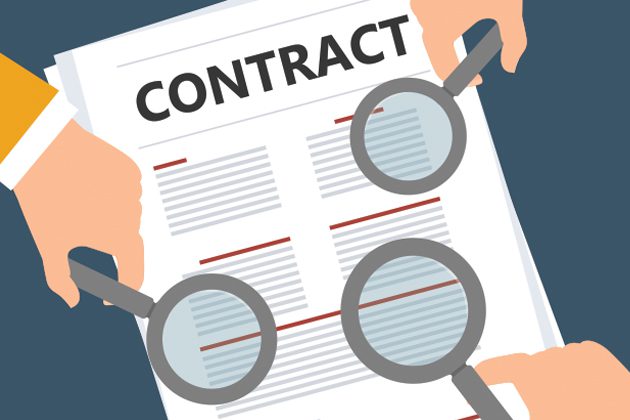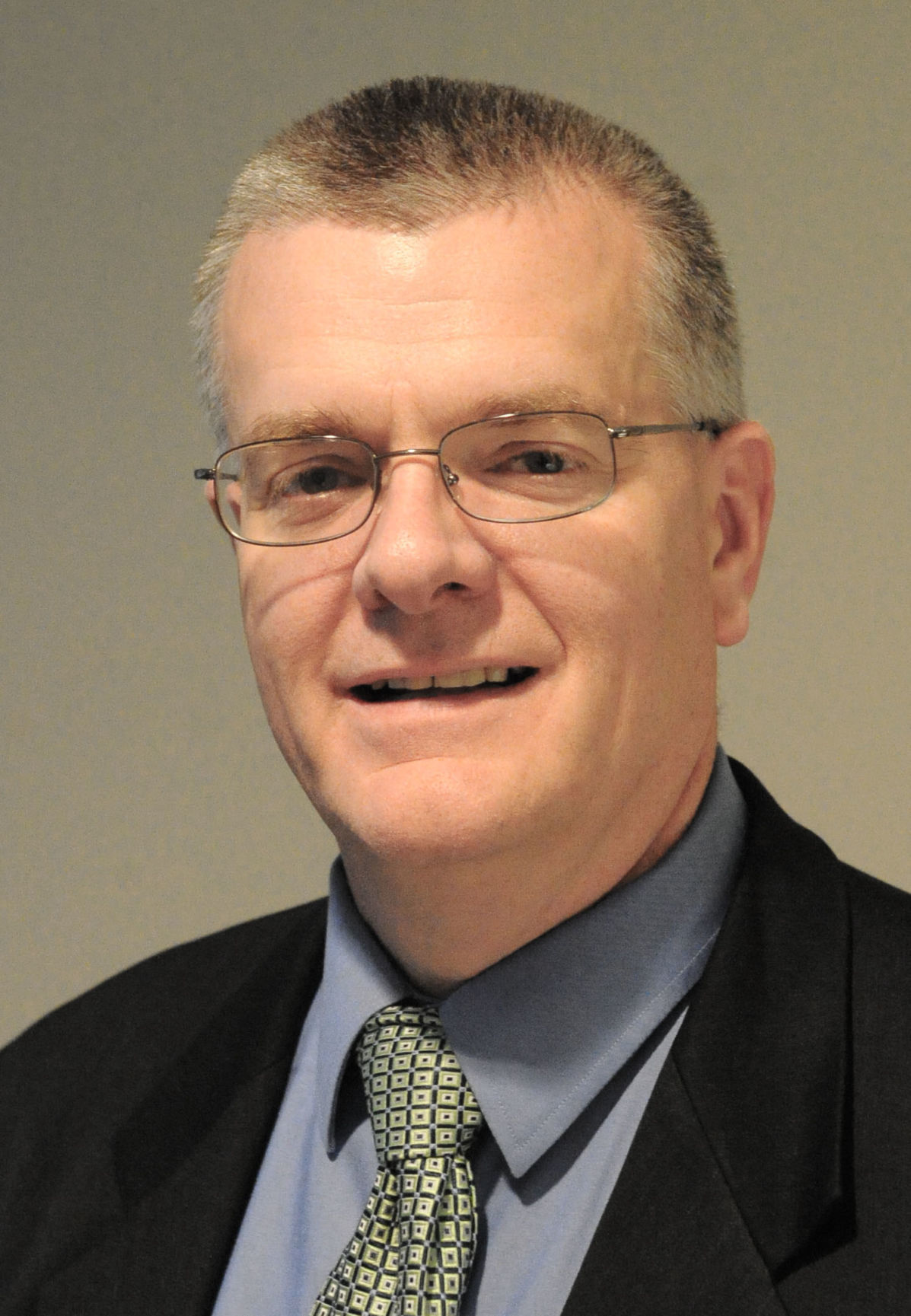 Eva Adcock
Eva Adcock
Best Pools of Brevard
The other day a potential customer called me and asked if I have constructed a natural pool. When I told her that I had never heard of it, she asked me to research it and if we were interested, we could “practice” on her. So onto the internet I went.
So what is a natural pool? A natural pool is a system consisted of a constructed body of water that has a separate zone which utilizes biological features for water purification. Although a natural pool does have a filtration system, to be “true” in nature, there would be no chemicals. Instead, the regeneration (separate) zone would have ecological plants which would provide the biological process for water clarification.
Typically, the swimming zone is separated from the regeneration zone. This actually serves two purposes. As mentioned earlier, the plants are taking the place of traditional chemicals we use in the pool industry. Secondly, the plants also provide aesthetically pleasing results as well. The natural pools I saw were spectacular!
I have never constructed a natural swimming pool but it would seem that the cost would be increased due to the regeneration zone that is required. Typically, the square footage of the regeneration zones can be an amount equal (or close) to the swimming zone. This may double the cost of construction. Additionally, a specialist may need to be contacted to procure and maintain the proper plants in the regeneration zone. Frogs, snakes, and other creatures have always been interested in our swimming pools. I wonder if this takes on an extra level of “interesting” with a natural pool?
In an era where we are concerned about environmental issues, it is exciting to explore the opportunity of providing an alternative pool to my customers. Not only can they be safe for swimming without harsh chemicals but they are scenic and beautiful works of art.

